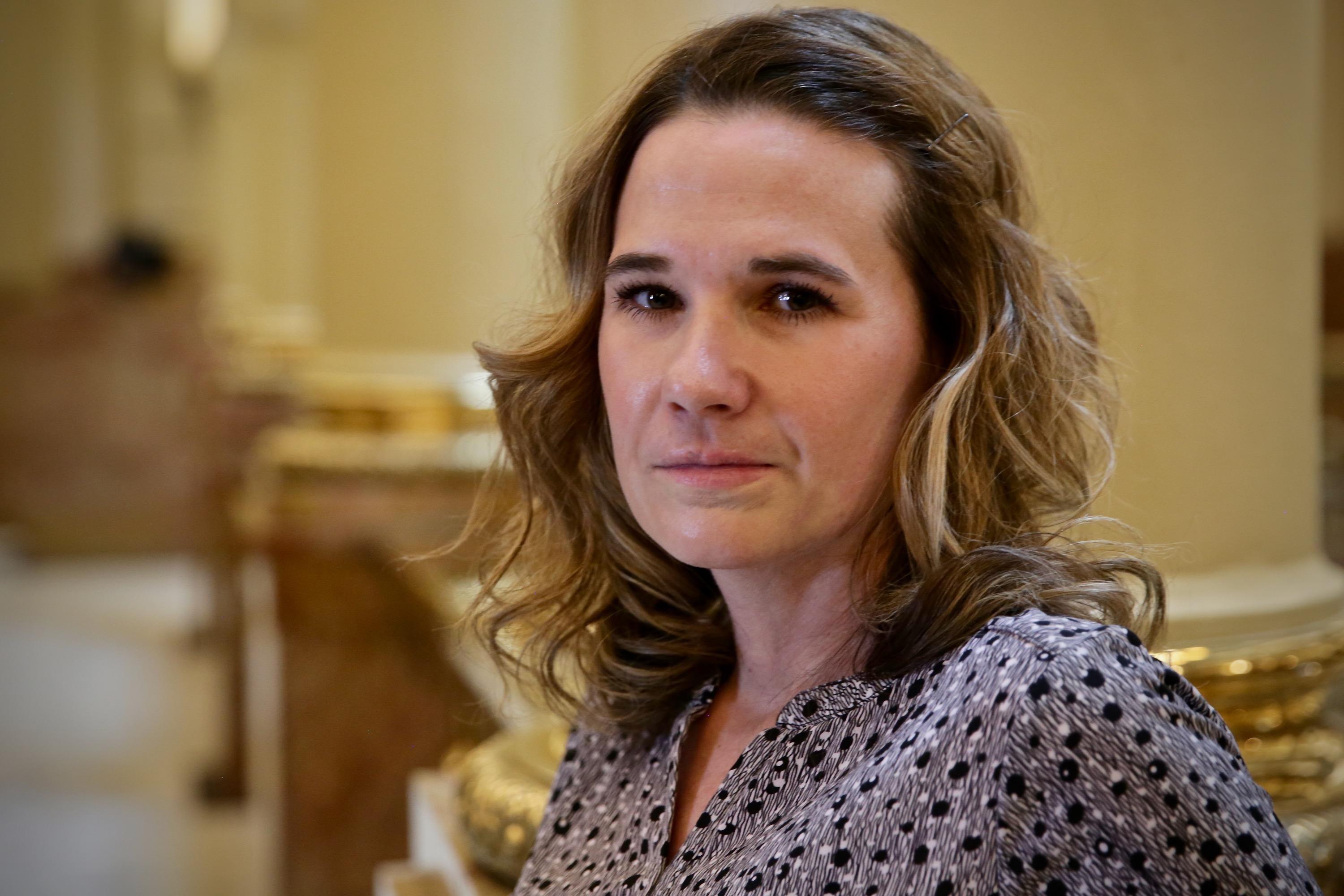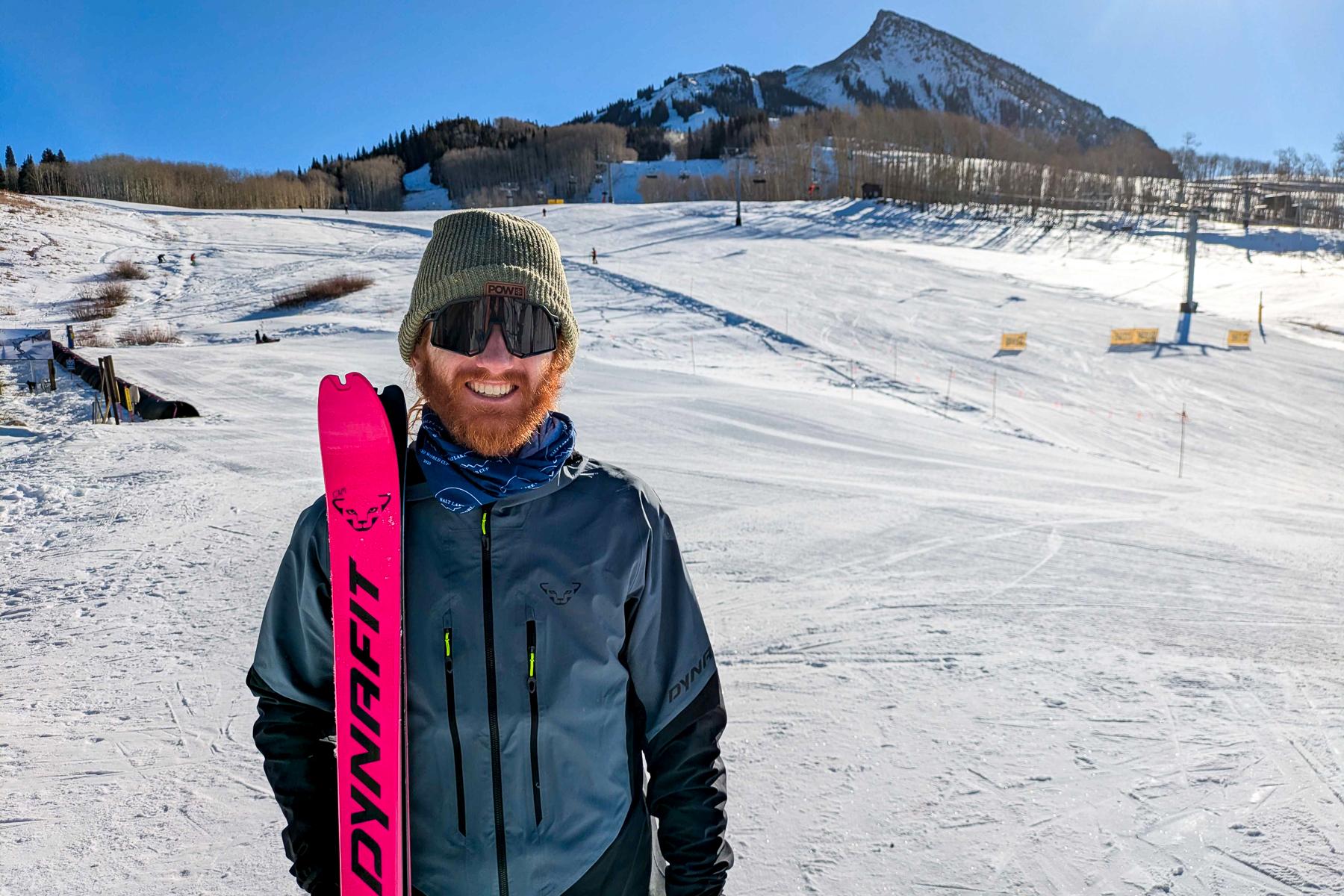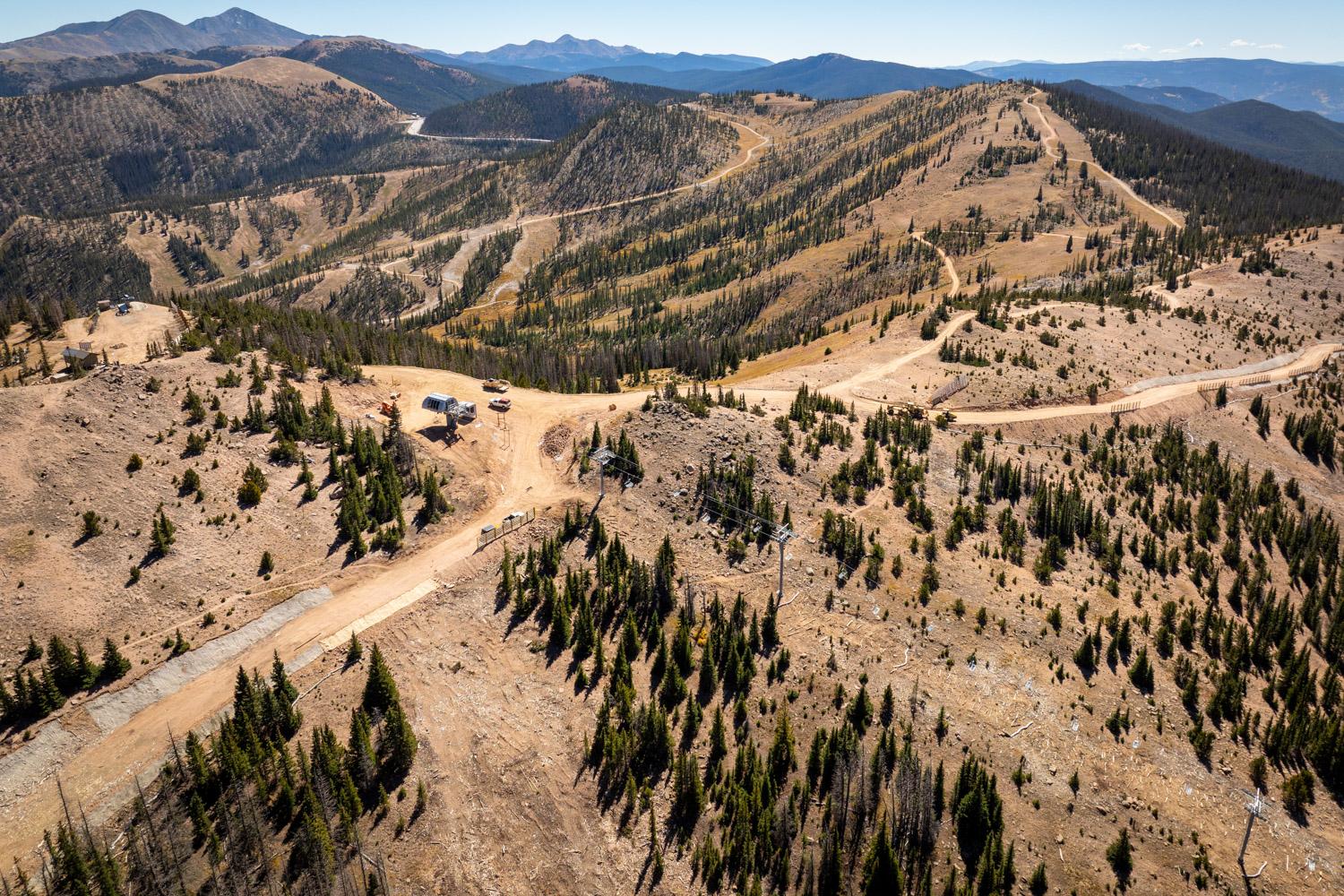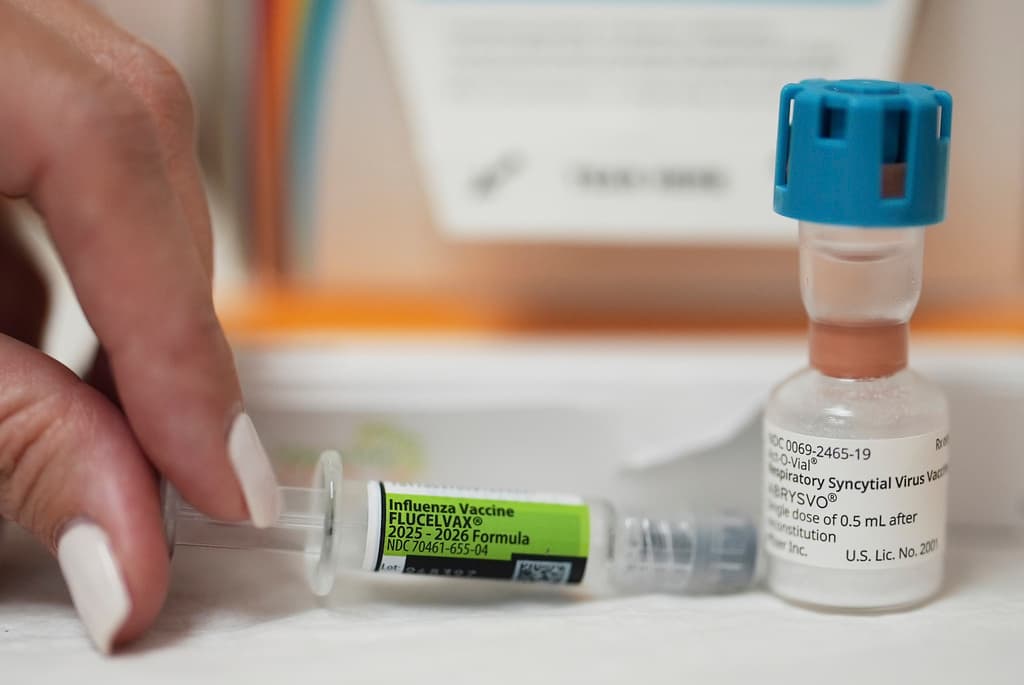

Nearly two years ago, Erin Martinez experienced the worst tragedy imaginable.
Her brother, Joey Irwin, and husband, Mark Martinez, were killed when their Firestone home exploded. Erin Martinez was also in the house at the time, and suffered burns on 40 percent of her body.
Now Martinez is speaking out publicly about the home explosion that investigators have linked to an improperly abandoned flowline extending from an Anadarko Petroleum well.
“This is an unfamiliar world for me,” said Martinez, who gave one of her first one-on-one interviews to Colorado Public Radio on Monday. “My goal here is not to destroy the industry. My goal here is to just help with the change in the industry to make it safe.”
Martinez is new to politics and is bracing for a tough political fight. She even hired a lobbying firm to help her push for change at the state Capitol.
Senate Bill 181 seeks to establish sweeping reforms for where cities and counties put wells, how forced pooling works, and even who makes up the state’s regulatory body known as the Colorado Oil and Gas Conservation Commission.
“This is personal for me. This is something that my family and I have had to go through the last couple of years,” she said. “I feel like it’s my job to make sure there’s not someone in a similar condition sitting here telling the same story. I really want to make sure that moving forward [the industry] is safe.”
The fatal Firestone home explosion launched a public conversation on oil and gas across Colorado. In 2018 it prompted regulators to reform how underground flowlines are abandoned. Former Gov. John Hickenlooper signed an executive order to clean up high priority abandoned wells.
But some environmental activists wanted tougher reforms. They floated a failed statewide ballot measure, Proposition 112, that would have put 2,500 feet between new wells and homes.
Martinez said she voted in support of the proposition. She was invited by environmental groups to speak out in favor of it last fall, but she said it wasn’t the right venue. She likes the specific provisions of the oil and gas bill that relate to flowlines.
And she said she’s ready for the ensuing fight at the state capitol. Oil and gas companies have raised concerns about the bill’s ability to increase the cost of doing business in the state. The industry has also criticized Democrats for not being transparent about the proposal and for scheduling the first hearing one business day after it was introduced.
“I just hope that people can genuinely listen,” Martinez said. “When you start talking about economy and loss of jobs, that’s what the focus tends to be on. That’s not what this bill is about. This bill isn’t about a ban on an industry. It’s about making sure the industry is putting safety and health first.”
As her journey from private citizen to a public face of oil and gas reform continues, Martinez plans to be at the state Capitol on Tuesday when the oil and gas measure gets its first hearing in the state Senate. She will testify.









